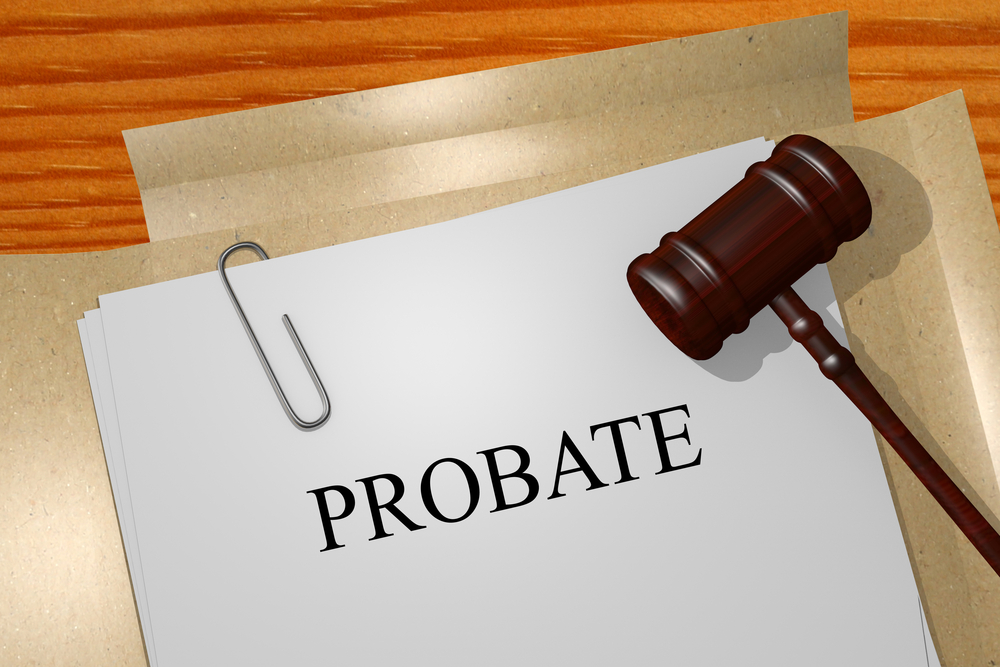Probate Litigation Attorney
A probate litigation attorney plays a crucial role in helping individuals through the probate process. This legal professional navigates the complicated process of probate, managing disputes and conflicts that can arise during the process of settling a deceased person’s estate.
Probate is the legal procedure through which a person’s assets are distributed after their passing. While it is designed to ensure a fair and organized distribution of assets, complications and disagreements can emerge. This is where a probate litigation attorney steps in, serving as an advocate for beneficiaries, heirs, and other stakeholders who find themselves in contentious situations.
One of the main responsibilities of a probate litigation attorney is to address issues that may arise due to the absence of a valid will or trust. In cases of intestacy, where a person passes away without a will, the distribution of assets can become a matter of contention among potential heirs. The attorney meticulously examines the deceased individual’s financial records and other relevant documents to establish rightful claims and heirs.
A probate litigation attorney from Silverman Law Office becomes essential when there are disputes over the validity of a will or allegations of undue influence or lack of capacity on the part of the deceased. These disputes can lead to legal battles between family members or other interested parties, necessitating the expertise of an attorney well-versed in probate law. The attorney’s role here is to present evidence, build arguments, and represent their client’s interests in court if necessary.
A probate litigation attorney tackles matters related to fiduciary duties. Executors and administrators appointed to manage the estate have a legal obligation to act in the best interests of the beneficiaries. If suspicions arise that an executor is mismanaging assets or not fulfilling their fiduciary duties, a probate litigation attorney can step in to safeguard the interests of the beneficiaries and hold the executor accountable.
Throughout the probate process, the attorney engages in negotiations and mediation to reach amicable resolutions. These negotiation skills are crucial in minimizing the emotional strain on families and beneficiaries during what can already be a difficult time. If settlements cannot be reached through negotiation, the attorney will skillfully prepare for trial, presenting a compelling case to the court.
The role of a probate litigation attorney extends beyond the courtroom. They often work closely with other professionals, such as accountants, financial advisors, and estate planners, to gain a comprehensive understanding of the estate’s assets and liabilities. This collaborative approach allows them to develop well-informed legal strategies that address the complexities of each unique case.
A probate litigation attorney is an important figure in the realm of estate law, adeptly navigating the intricacies of probate while providing expert guidance and representation to clients facing disputes or conflicts during the distribution of a deceased person’s assets. Their unique role involves legal research, negotiation, courtroom advocacy, and collaboration with other professionals, all with the ultimate goal of ensuring a fair and just resolution for all parties involved.
